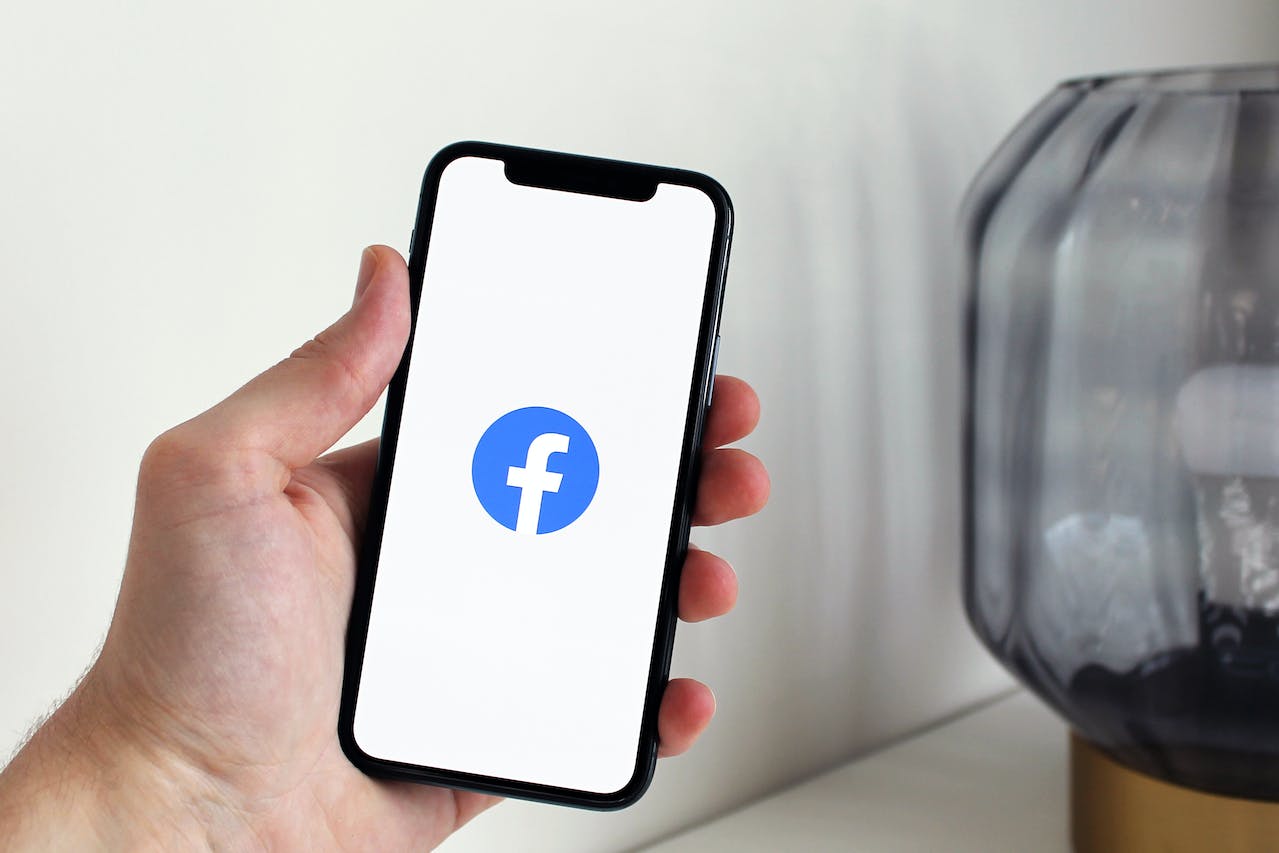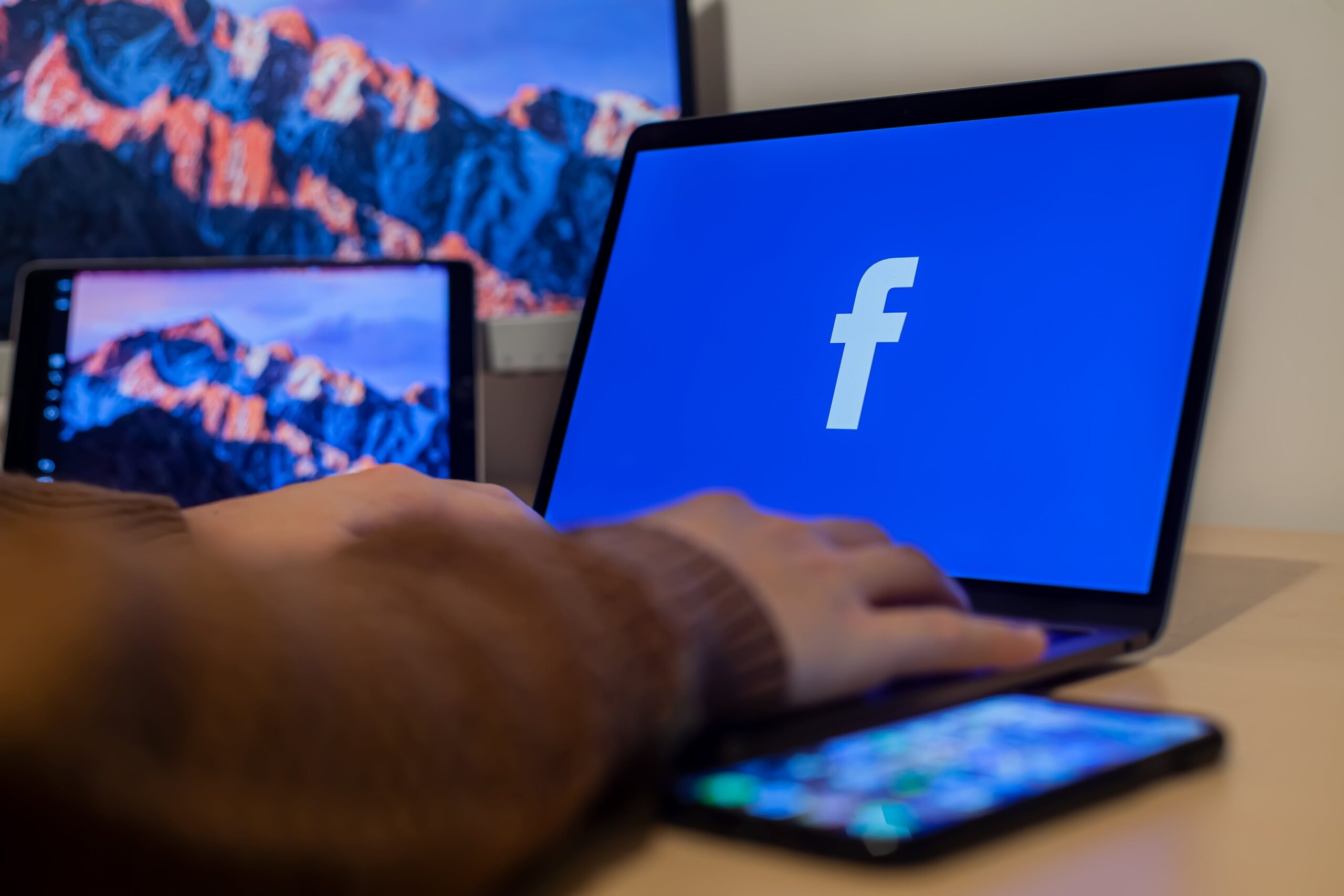In exploring the history of Facebook, it is crucial to recognize its profound impact on the landscape of social media. Beginning as a brainchild of Mark Zuckerberg at Harvard, Facebook has evolved from its early iteration as “Thefacebook” into a global phenomenon.
Understanding the roots of this platform is essential in comprehending the broader narrative of social media’s development, highlighting pivotal moments, controversies, and innovations.
By delving into Facebook’s past, we gain valuable insights into the ever-evolving digital realm and the influential role this platform continues to play in shaping our online interactions.
What is Facebook?
Facebook is one of the most famous social media platforms developed by Mark Zuckerberg and his college roommates Eduardo Saverin, Andre McCollum, Dustin Moscovitz, and Chris Hughes.
The application was launched for the general public in 2004 and has been a big hit among people since then. Here is the link to the latest Facebook user stats you must know.
Birth of Facebook
Mark Zuckerberg’s brainchild, Facebook, was conceived within the hallowed halls of Harvard University. Born out of Zuckerberg’s desire to connect students on campus, the platform initially emerged as “Thefacebook” in 2004. This early version laid the foundation for what would become a transformative force in social media.
The evolution from “Thefacebook” to Facebook marked a pivotal shift in scope and influence. Rapidly expanding beyond Harvard, the platform extended its reach to other universities, eventually becoming a global phenomenon. This transformative journey underscored technological advancements and the profound impact of Zuckerberg’s vision on reshaping how people connect and communicate in the digital age.
Early Growth and Expansion
Facebook’s early growth witnessed a swift expansion beyond its origins as it transcended the confines of Harvard and opened its virtual doors to universities worldwide. This strategic move laid the groundwork for the platform’s global presence, fostering connectivity on an unprecedented scale. The platform’s trajectory shifted from a campus-centric social network to a worldwide powerhouse, fundamentally altering the dynamics of online communication.
During this rapid growth phase, Facebook introduced pivotal features that would redefine user experience. The introduction of the News Feed marked a turning point, revolutionizing how users consumed and shared content. This dynamic feature personalized the user experience and significantly shaped the content distribution landscape within the social media sphere. The expansion and innovative features established Facebook as a trailblazer, setting the stage for its enduring impact on the digital landscape.
According to WP Dev Shed, this app has always been dear to us. We have shared all our stories and craziness with our friends and family, whether our birthdays, spring breaks, travel diaries, or any other moment.
Milestones and Controversies
Facebook’s journey is punctuated by significant milestones and controversies shaping its trajectory. The company’s initial public offering (IPO) marked a pivotal financial achievement, solidifying its status as a tech giant. However, alongside its successes, Facebook faced a barrage of privacy concerns and controversies related to user data. These issues sparked widespread discussions about digital privacy and ethical considerations, challenging the platform to navigate a complex landscape of trust and transparency in the evolving digital age.
Innovations and Acquisitions
Innovative strategies and strategic acquisitions have fueled Facebook’s continuous evolution. Introducing advertising and monetization strategies is pivotal in transforming the platform into a lucrative business model. As Facebook sought sustainable revenue streams, these initiatives propelled its financial success and altered the digital advertising landscape, influencing how businesses engage with audiences globally.
Parallelly, Facebook’s growth was significantly shaped by key acquisitions that fortified its ecosystem. Strategic purchases like Instagram and WhatsApp expanded Facebook’s reach across different demographics and communication channels. These acquisitions brought new functionalities and user bases. They reinforced Facebook’s dominance in the social media landscape, exemplifying the company’s adaptability and foresight in securing its position within the ever-changing digital realm.

Impact on Society
Facebook’s impact on society transcends digital connectivity, leaving an indelible mark on social and cultural dynamics. As a global platform, it has become ubiquitous for billions, influencing how people connect, share, and engage with information. From shaping online social behaviors to influencing cultural trends, Facebook has played a pivotal role in redefining societal norms and fostering a sense of interconnectedness.
Beyond its cultural impact, Facebook has also played a significant role in political movements and activism. The platform has catalyzed social and political change, enabling individuals and groups to amplify their voices, organize movements, and mobilize support. From grassroots campaigns to widespread movements, Facebook’s role in shaping the narrative of political discourse and activism underscores its power as a force for societal change, albeit with challenges related to misinformation and manipulating public opinion.
Challenges and Adaptations
Facebook has confronted substantial challenges, notably in addressing misinformation and the proliferation of fake news on its platform. As disseminating misleading information became a widespread concern, the company implemented measures to curtail the impact of false narratives. Facebook has strived to create a more reliable and trustworthy information environment through algorithmic adjustments, fact-checking partnerships, and community guidelines.
Moreover, the company has adapted to the evolving social media landscape by responding to changing user preferences and technological advancements. From the rise of video content to the surge in mobile usage, Facebook has consistently adapted its features and functionalities to stay relevant. Introducing new tools like live streaming and augmented reality reflects the platform’s commitment to remaining at the forefront of the dynamic social media ecosystem. These adaptations underscore Facebook’s ongoing efforts to provide users with a diverse and engaging digital experience while navigating the challenges inherent in an ever-changing online landscape.
Recent Developments
In recent developments, Facebook underwent a significant transformation, rebranding itself as Meta and signaling a shift in the company’s focus. This strategic move, led by Mark Zuckerberg, aimed to position the company as a leader in the metaverse—a virtual shared space that extends beyond traditional online interactions. The rebranding reflects Meta’s ambition to pioneer the next frontier in digital connectivity and immersive experiences.
However, this transition has been challenging. Meta faces ongoing scrutiny and concerns about privacy, antitrust issues, and the ethical implications of developing the metaverse. Navigating these challenges will be crucial for the company’s reputation and continued success. Meta’s future outlook is closely tied to its ability to address these challenges, capitalize on the metaverse vision, and maintain relevance in a rapidly evolving tech landscape.
Fun facts!
- The iconic Facebook “Like” button was initially called the “Awesome” button.
- In 2012, Facebook acquired Instagram for about $1 billion, making it one of its most significant acquisitions.
- The “Wall” feature, where users could post updates and share content, was replaced by the “Timeline” feature in 2011.
- Facebook’s headquarters in Menlo Park, California, is known as “Facebook Campus” and is a sprawling facility with various employee amenities.
- The company’s initial public offering (IPO) occurred on May 18, 2012, making it one of the world’s largest tech IPOs.
- Facebook has more than 58,000 employees worldwide since my last knowledge update in January 2022.
- The “Like” button has clicked an average of 4.5 billion times daily on Facebook.
- Facebook’s original logo featured a blue background with white lowercase letters, and it has undergone several changes over the years.
- People have been using the app to become famous and have succeeded in doing so, as now many users have sought out the above trend to gain more and more likes, shares, and comments to gain fame and earn money.
- There are many ways and methods to buy more and more Facebook likes, and you can read all about them in the following article, which describes some of the best Sites to buy Real Facebook Likes and Followers in 2020.
Conclusion
Over the years, many businesses have boomed their marketing skills and profits due to the app. Increased customer base, customer reviews, targeted audience groups, more options, and other factors have led many small businesses to attain better customer and company relationships to succeed in their respective fields. If used cautiously and attentively, the Facebook application can soon be a powerful tool for networking and marketing for various individuals and organizations.

